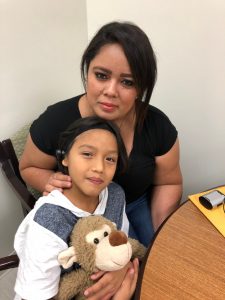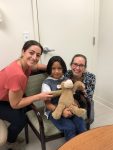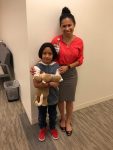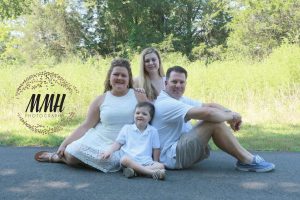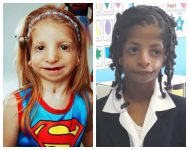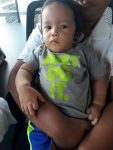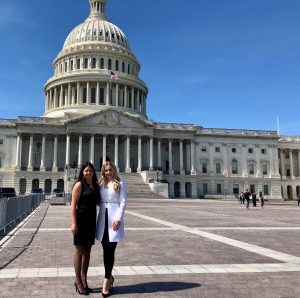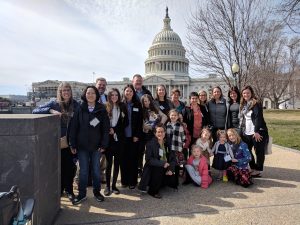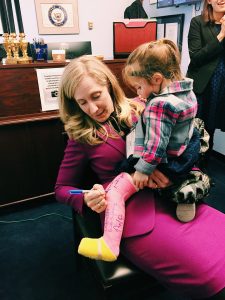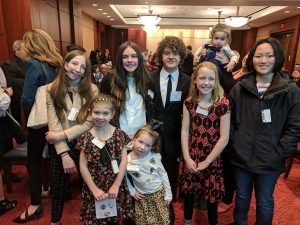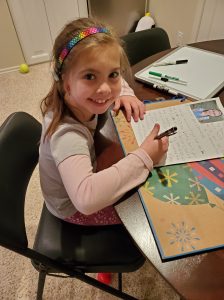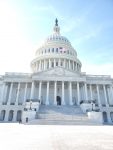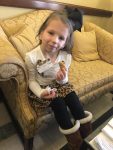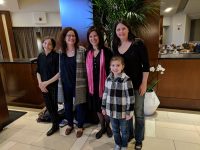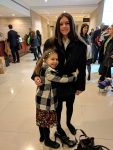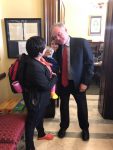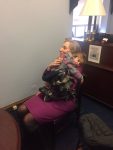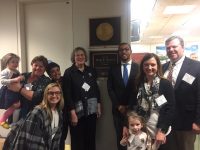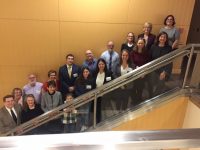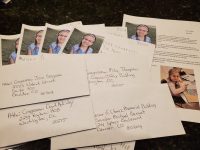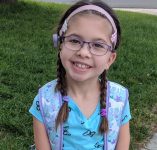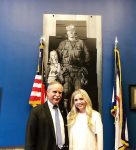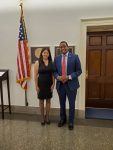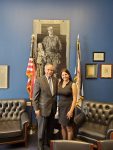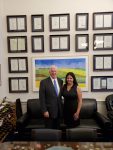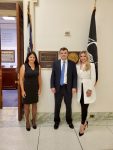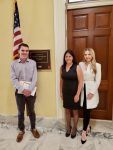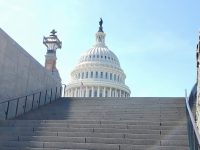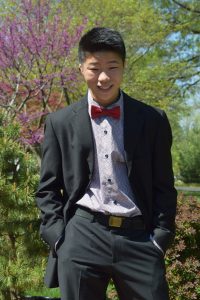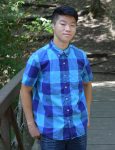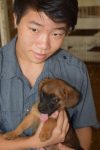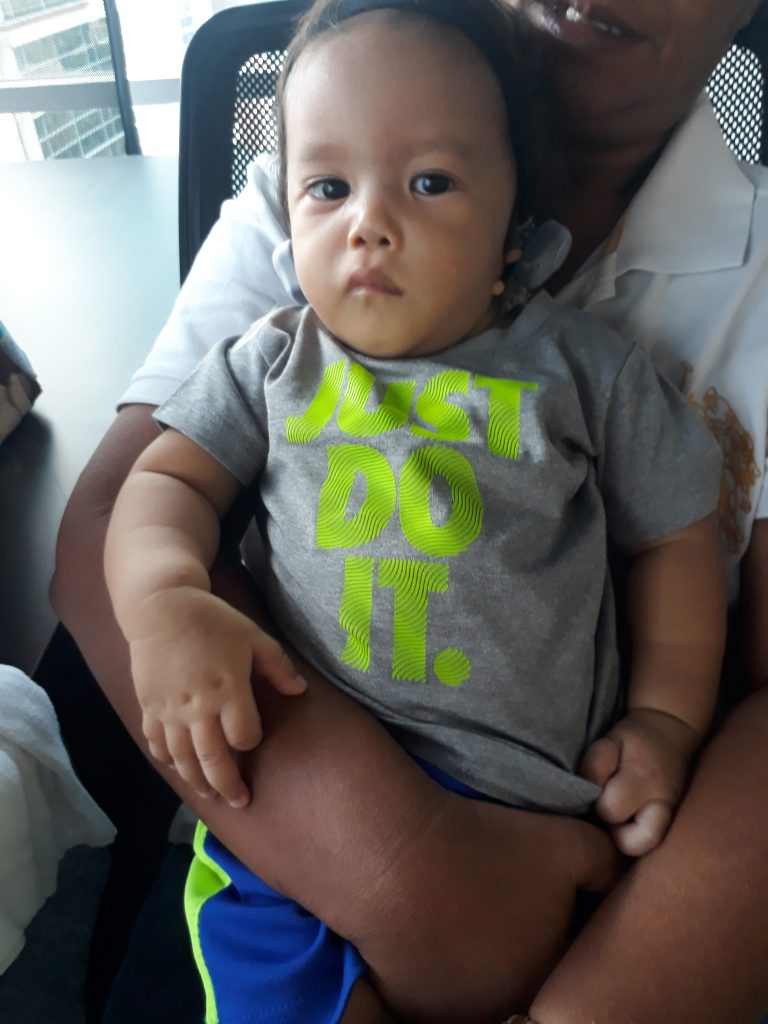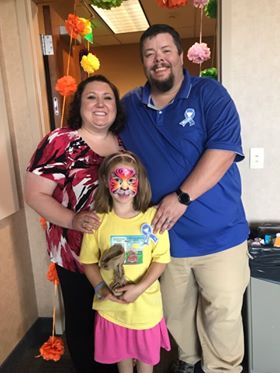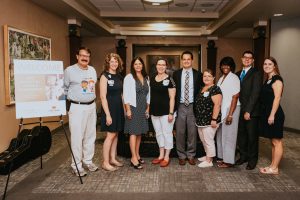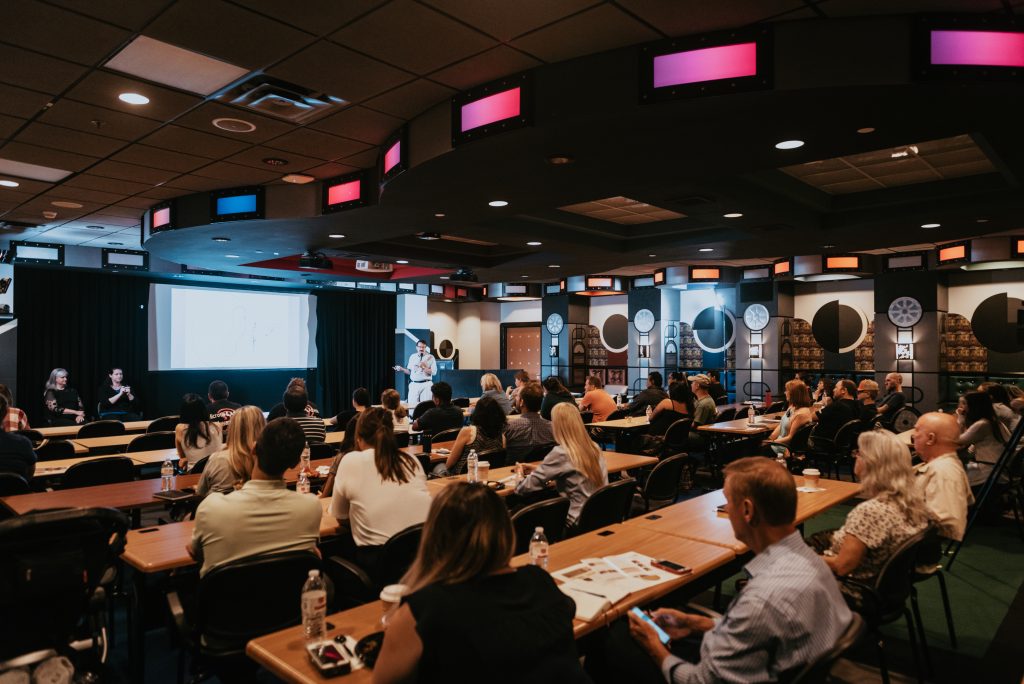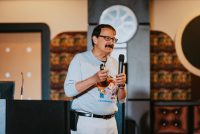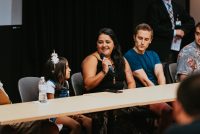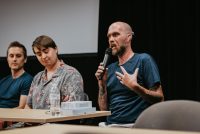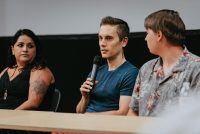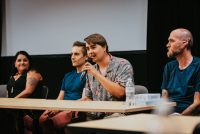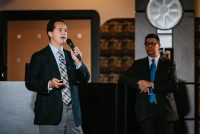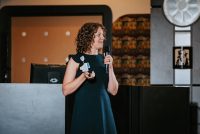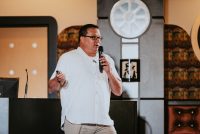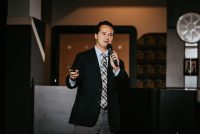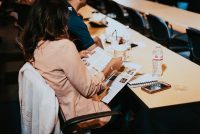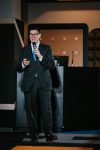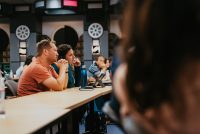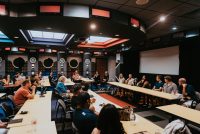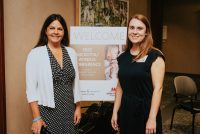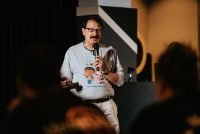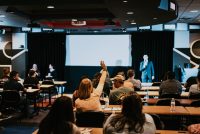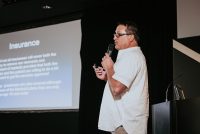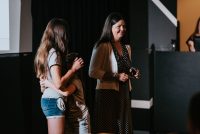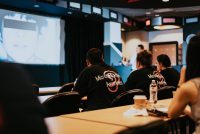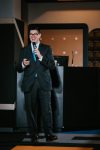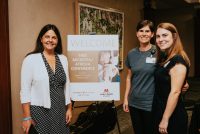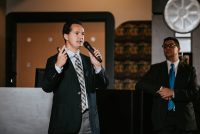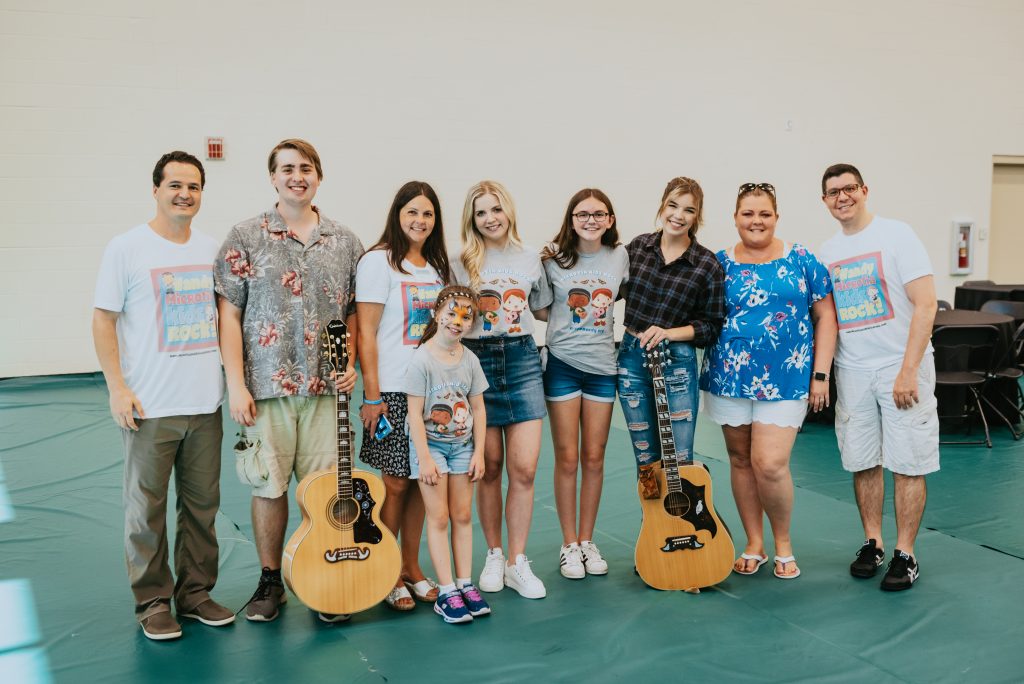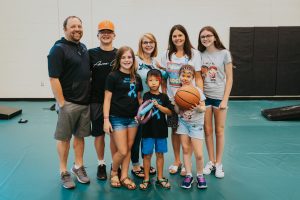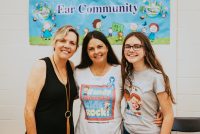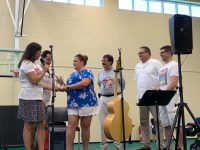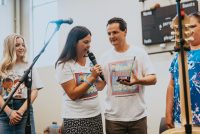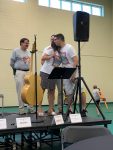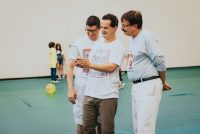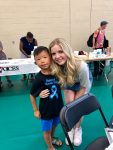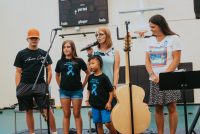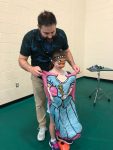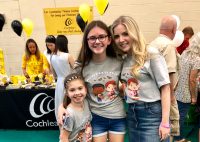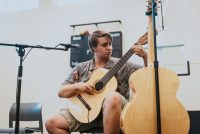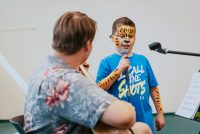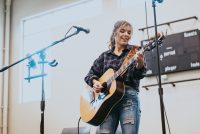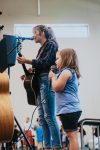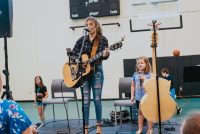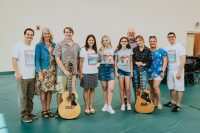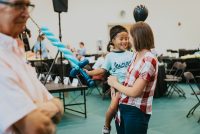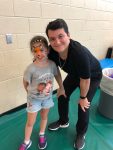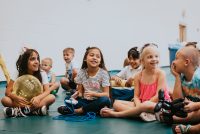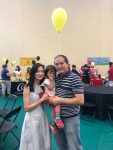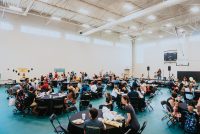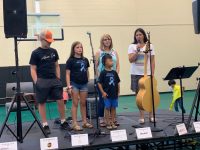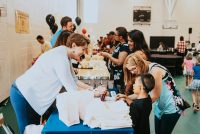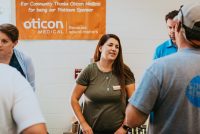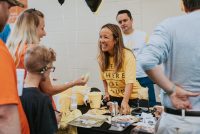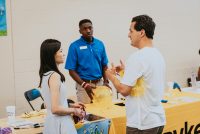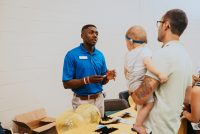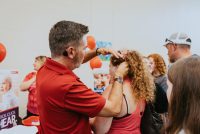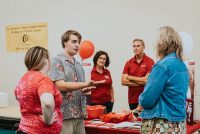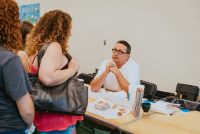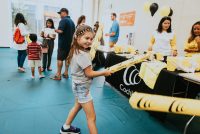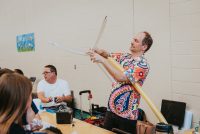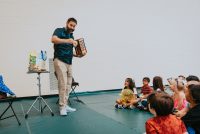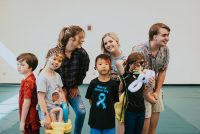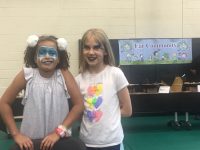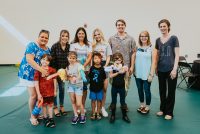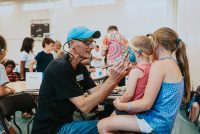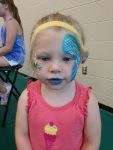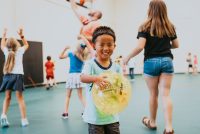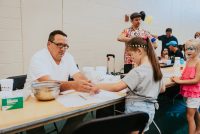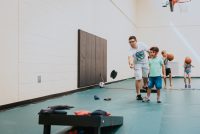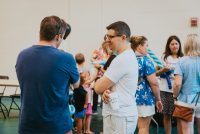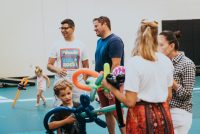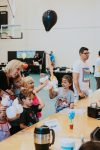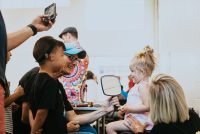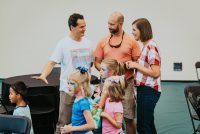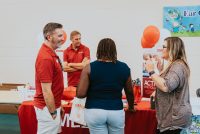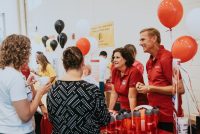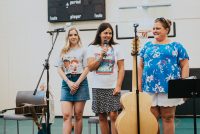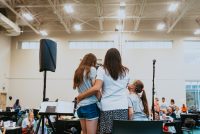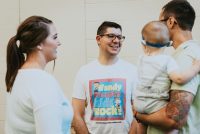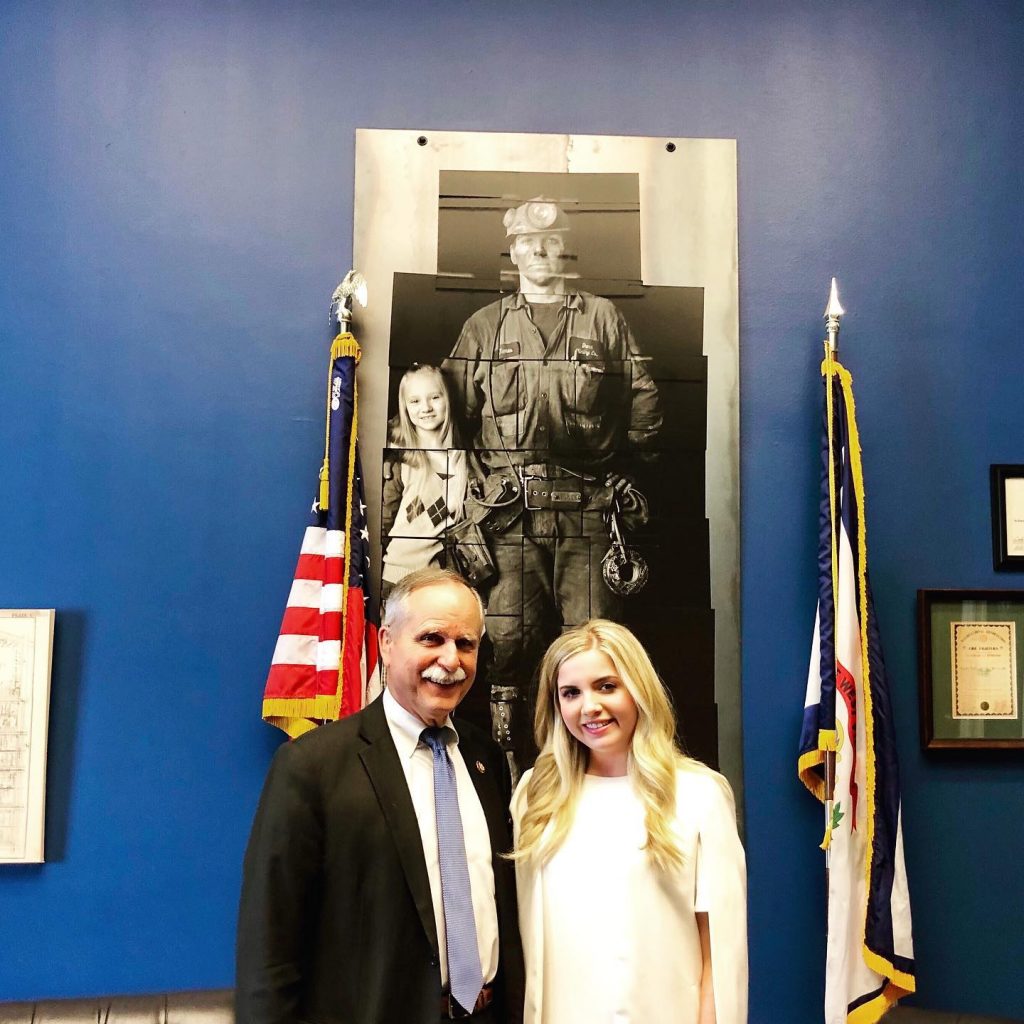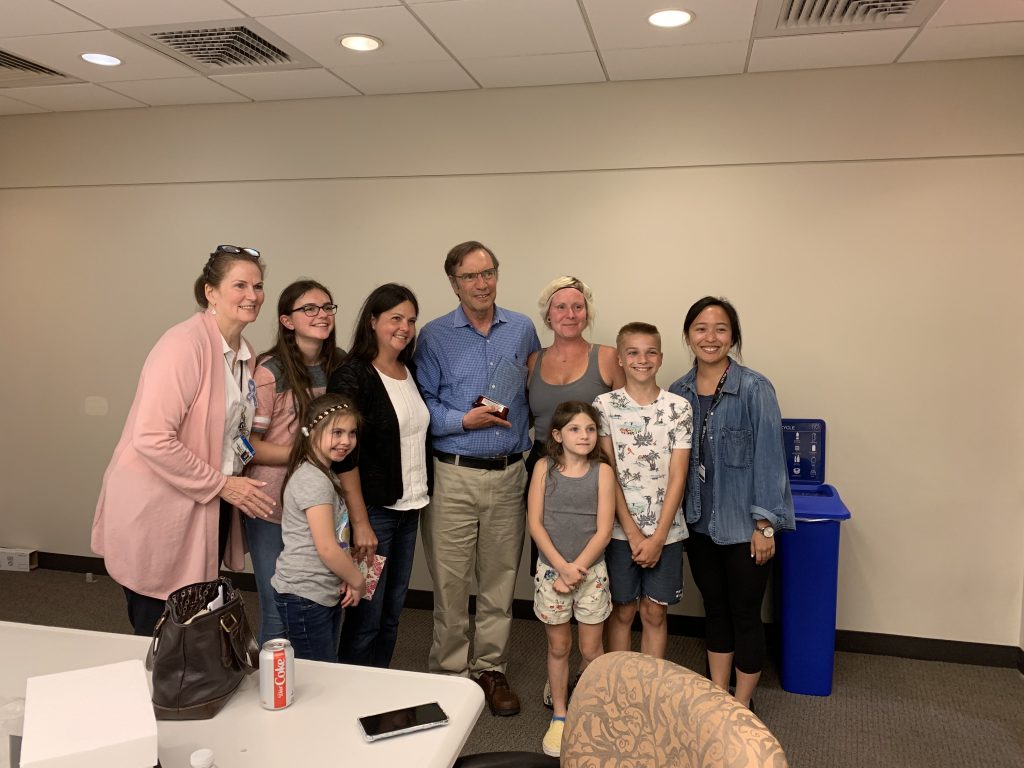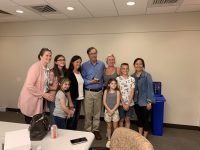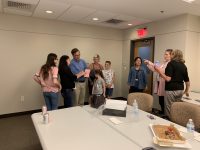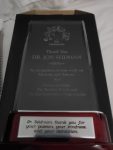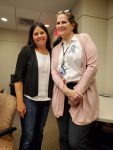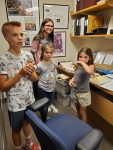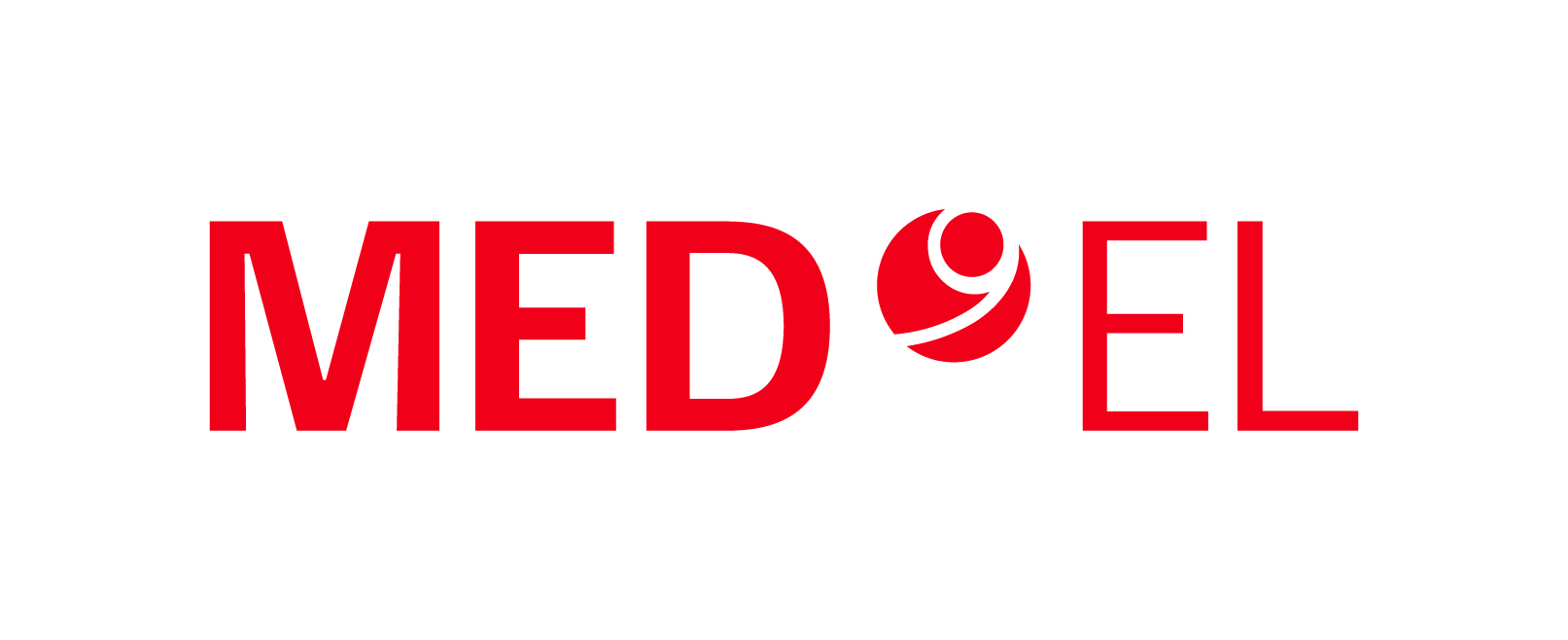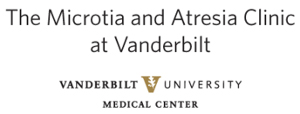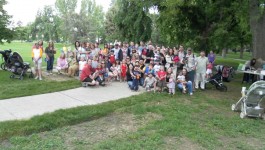Often times Ear Community works with various early intervention services, and other professionals who support children with Microtia and Atresia. This past Summer, a school nurse, Danielle Vukadinovich, reached out to us in an effort to help one of the students at the school she works at. Brian Campos Valladares, a 9-year-old boy with Bilateral Microtia and Aural Atresia. Brian and his mother recently relocated to the United States from El Salvador where they had to leave Brian’s father behind.
When we first heard about Brian’s situation, our hearts poured out to him. Here was a little boy, in a strange new country, where everyone spoke a different language that he couldn’t even hear. Growing up in El Salvador, Brian was exposed to Spanish from his parents, but being as he has Bilateral Microtia and Atresia – resulting in moderate to severe hearing loss, he could barely hear what his parents tried to say to him. Brian and his mother, Yancy, have been fighting every day to create a better life for themselves and part of that was Brian getting a good education.
Danielle helped Brian get a hearing test done, and the school was able to help him get a loaner Baha to use temporarily for school so he could learn English quicker as well as have more access to sound. He is attending a new school this year in Virginia that is specifically for the Deaf and Hard of Hearing, which will be so great for him to be around other kids like him and where teachers have a deeper knowledge base of hearing loss and how to work around it.
When Brian’s application first came to Ear Community, our board voted a unanimous ‘YES’ to help him with 2 Oticon Ponto’s so he could have full access to sound! We have an incredible Board of Directors who have such a passion for helping children gain equal access through sound. Brian’s journey wouldn’t be complete without us thanking several key individuals. First of all, of course is Brian’s mother Yancy – who has worked tirelessly to provide a better life for her son. Danielle Vukadinovich, a school nurse who went above and beyond to help a student assimilate into his new country and school. Leslie Viladegut, Brian’s case manager who helped to facilitate the details of his fitting. Thank you to Yenny who worked closely with Brian’s case at the audiology office. Also, a very special thank you to Dr. Mary Finkbone who donated her time to program and fit Brian’s devices.
On September 17, 2019, Brian was finally fitted with his “new ears” and he was thrilled! Oticon Medical even sent a stuffed animal “Massie” monkey that has a Ponto and he named his “Brando”.
A very special thank you to Alan Raffauf, Vice President of Marketing and Operations for Oticon Medical US, for choosing to donate the two new Oticon Medical Ponto 3 Superpower hearing devices to Ear Community so that they could be donated to Brian to help him hear better. Thank you to Beverly Ostrowski, Director of Customer Service, with Oticon Medical for helping ship Brian’s hearing devices. Oticon Medical is a well-respected international hearing device manufacturer that is a part of the “William Demant Group [which has] 100-plus years of experience in audiology and sound processing and established manufacturing and logistics infrastructure.”
Lastly, to Brian – thank you for allowing us to be a part of your journey, may you hold your head up high and savor each moment that life gives you. We cannot wait to watch how you soar now that you have full surround-sound and can thrive at school, home, and making new friends!
